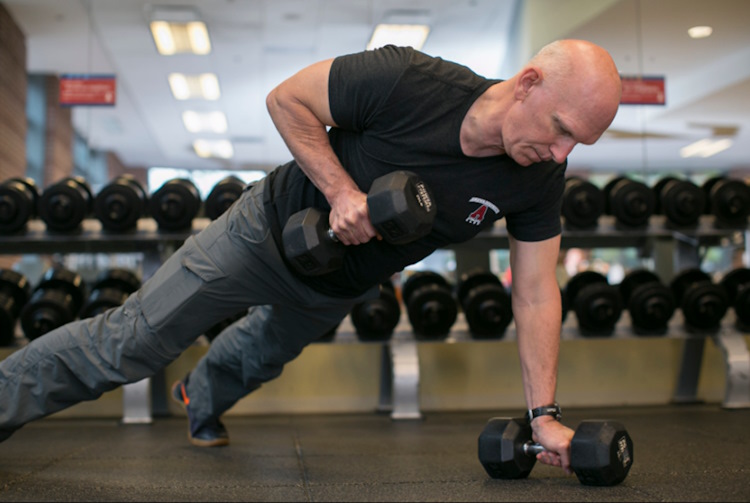Tempo play: the rhythm of gains in bodybuilding
Ah, the gym, where iron meets determination, and gains are forged in the crucible of sweat. Today, we’re diving into the rhythmic realm of tempo play – a secret sauce in the recipe for sculpting a physique that turns heads. Get ready to groove to the tempo, sculptors, because we’re about to dance our way to muscle mastery.
Understanding the Tempo Tango
Tempo play, or lifting tempo, is the art of controlling the speed of each phase of an exercise. It’s not just about mindlessly hoisting weights; it’s about orchestrating a symphony with your muscles. Each repetition becomes a note, and your body is the instrument. The tempo is your conductor, and gains are the standing ovation.
Eccentric Elegance
The eccentric phase, where the muscle lengthens under tension, is the opening act of our tempo play. Picture lowering a barbell during a bicep curl – it’s not just a drop; it’s a controlled descent. Slow and deliberate, like a leaf pirouetting to the ground. This phase is where the magic happens, as your muscles experience a deeper stretch and micro-tears, paving the way for glorious gains.
Pause for Applause
Ever tried holding a squat at the bottom or pausing mid-push-up? That’s the isometric phase, the dramatic pause in our tempo play. It’s the moment when your muscles hold their breath before the grand finale. This not only intensifies the burn but also enhances muscle engagement, creating a crescendo of tension that echoes through your fibers.
Concentric Triumph
The concentric phase is the triumphant ascent, where the muscle contracts against resistance. Think of it as lifting a heavy suitcase with finesse. This phase is often where the spotlight shines brightest, but in tempo play, we’re not rushing the performance. Lift with purpose, control, and feel the muscle working – a slow, deliberate ascent to glory.
Tempo Variations
Like a skilled DJ mixing beats, varying your lifting tempo adds flair to your workout playlist. Experiment with different tempos – 2-1-2 (two seconds down, one-second pause, two seconds up) or 3-0-1 (three seconds down, no pause, one second up). Each variation brings a unique flavor to the dance, keeping your muscles guessing and your gains on their toes.
Mind-Muscle Connection Mambo
Tempo play isn’t just a physical experience; it’s a dance of the mind and muscles. Cultivate the mind-muscle connection by tuning in to the sensations with each tempo shift. Imagine your biceps contracting and elongating with the finesse of a ballroom dancer, creating a harmony that transcends mere movement.
The Tempo Pyramid Waltz
Let’s add some choreography to our tempo play with the pyramid approach. Start with a moderate tempo and progressively slow it down or speed it up as you advance through sets. It’s like a musical crescendo, building intensity until you reach the climax of your workout – a symphony of gains.
Tune into Recovery
Just as every musician needs a break between sets, your muscles crave recovery. Embrace the tempo of rest intervals, allowing your body to recharge for the next set. Remember, rest is not a silent pause; it’s a tempo in itself, setting the rhythm for optimal recovery and future crescendos.
So there you have it, the artful dance of tempo play in bodybuilding. It’s not just about lifting weights; it’s about composing a masterpiece with each rep. Grab those dumbbells, step onto the lifting stage, and let the tempo play guide you to a physique that’s not just strong but sculpted with rhythm and finesse. May your lifts be melodic, your gains harmonious, and your journey to a symphonic physique be nothing short of epic!









